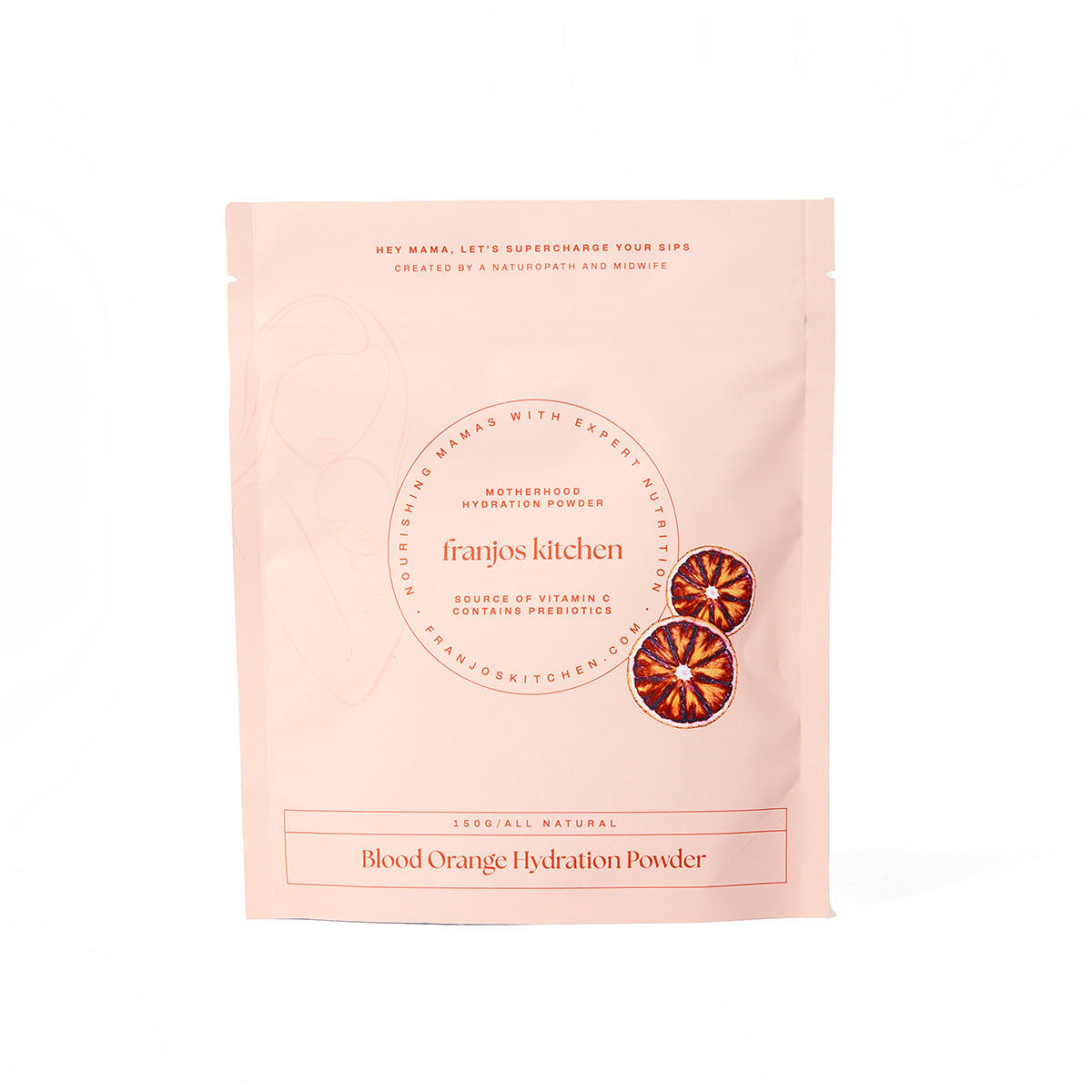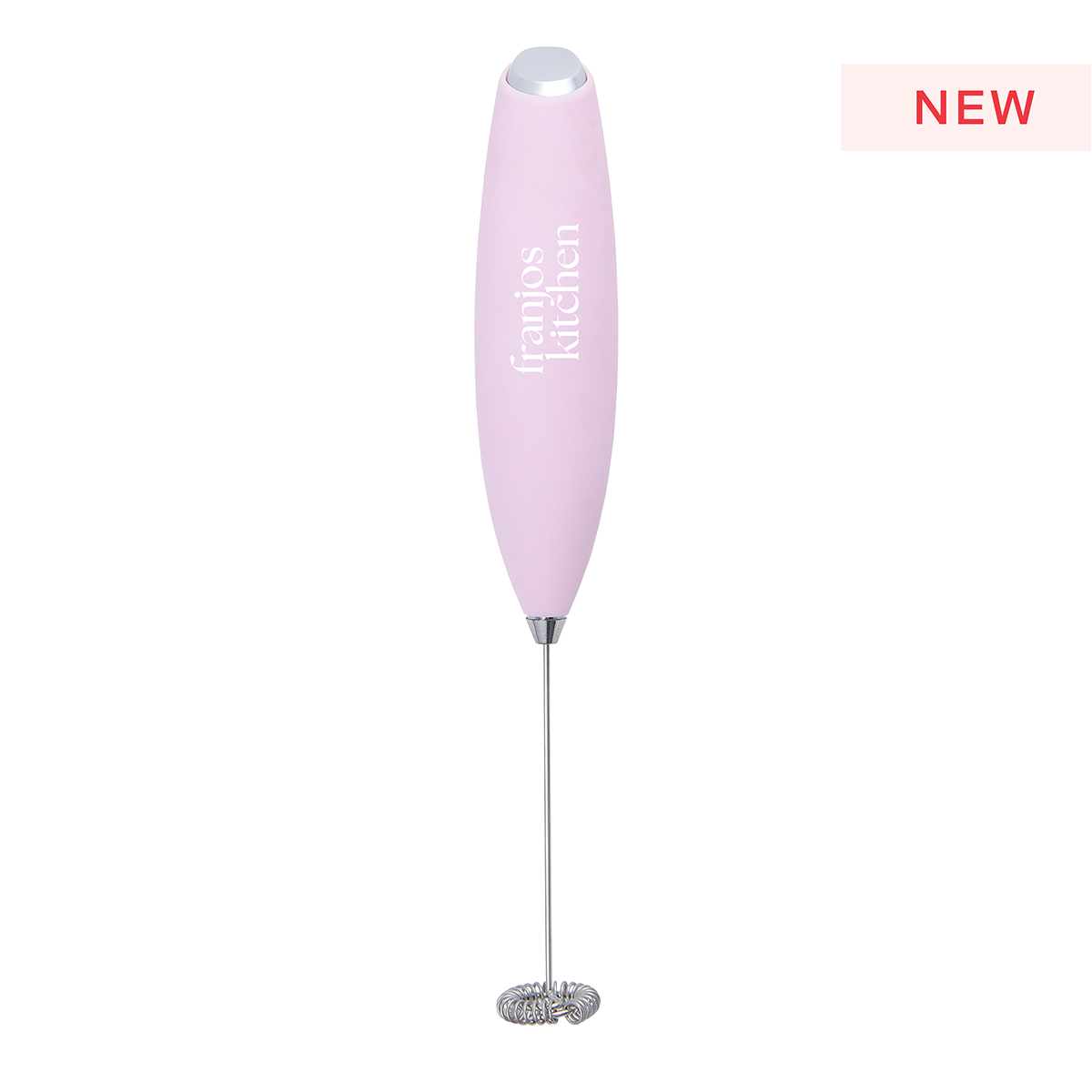Let's Talk Nutritional Wellbeing during Pregnancy.
Remember, no two pregnant women are the same.
Everyone is different and will experience this journey of pregnancy in their own separate ways. It is all about being mindful and doing your best for yourself and your little baby. There will be days when you cannot stomach the things you know you ‘should’ be eating and days where all you want to eat is green vegetables and broth. The main thing is that if the majority of the time you can nourish yourself well then everyone will benefit as we all know a healthy diet is the building block for your growing baby since pregnancy is a complex time of new tissue and organ development.
Eating too many ‘empty calorie foods’ that are high in trans fats and refined carbohydrates during pregnancy may lead to too much weight gain without meeting your increased need for nutrients. Nutritional requirements do increase and supplementation is usually necessary to help prevent possible complications associated with poor nutrition; they will also be beneficial for the long-term health and wellbeing of you (especially if planning to have multiple children) and your unborn baby.
There is really no need to eat ‘more food’ during pregnancy. Experts recommend that for the first trimester, a woman's kilojoule intake should remain about the same as it was prior to the pregnancy.
During the second and third trimesters, the kilojoule intake could increase by about 10-20 per cent or so, which is about an extra 600-1200kJ a day. Even so, it is the nutritional quality of the diet, rather than the kilojoule intake, that is important. This works out to be about 1-2 more servings of each food source i.e. fruit and vegetables, dairy, cereal grains, eggs, meats, legumes etc. The actual nutrient requirement (such as Folic Acid (B9), Ca, Zn, Vitamin C, Magnesium, B-complex) increases anywhere from 30-100 percent.
It is extremely important for pregnant women to keep away from any foods/drinks/environmental toxins and allergens that they have and are aware of. For instance, if mother has an intolerance/allergy to wheat and consumes an abundance during her pregnancy in the form of muffins, white bread, croissants, pasta etc then it is highly that the baby will develop this intolerance/allergy and may even suffer from things like eczema, asthma and other associated problems from birth.
DAY TO DAY BASICS
- Organic where possible
- Fresh / live food where possible
- Smaller, regular meals to maintain blood sugar levels, cravings, improved energy and function of the digestive system
- Fruit and vegetables daily and the latter in abundance, keep fruit to 3-4 per day at most. Focus on the dark vegetables and those that are bright in colour (red, orange etc)
- Liquids – water at room temperature, herbal teas and remember to sip do not skull. Vegetable juices are also a wonderful addition.
NUTRIENTS, PHYTONUTRIENTS & PROBIOTICS ESSENTIAL FOR THE NEXT 9 MONTHS
|
NUTRIENT |
BEST SOURCES |
|
PROTEIN Necessary for the development of healthy foetus, placental and maternal tissues 3-4 servings of protein daily from both animal and plant sources (palm size serve at each meal) |
Fish – salmon, sardines, trout, anchovies, whiting, blue grenadier, travelly Nuts & Seeds – raw, unroasted and unsalted – pumpkin seeds, flaxseeds, sesame seeds (including tahini), sunflower seeds, walnuts, almond, brazil Red meat and chicken – organic and grass fed, Pulses and legumes – chickpeas, lentils, etc Organic Tofu and fermented tempeh Organic eggs Organic dairy – try goats and sheep as an alternative
|
|
HEALTHY FATS For foetal brain development and overall health |
Fresh nuts and seeds as mentioned above Extra Virgin Olive Oil Coconut oil Avocado and avocado oil Flaxseed oil (do not cook with this oil) Olives
|
|
COMPLEX CARBOHYDRATES Extremely important for foetal development and the mammary glands require glucose (the basic form of carbohydrates) Necessary for a proper functioning digestive system
|
Fruit and vegetables, legumes, oats, brown rice, black rice, red rice, basmati rice, sweet potatoes, spelt flour, buckwheat flour, quinoa, amaranth, millet, corn, rye, barley
All in their whole grain form
Sourdough breads, sprouted breads
|
|
ANTIOXIDANT RICH FOODS
|
Nuts, berries, acai verries, chia seeds, verries, green tea, fruits and vegetables (especially green leafy vegetables) |
|
IODINE RICH FOODS |
Seafood, seaweed
|
|
VITAMIN E |
Nuts, seeds, flaxseeds, avocados
|
|
VITAMIN C |
Kiwi fruits, red peppers / capsicum, kale, Brussel sprouts, grapefruit, oranges, broccoli, spirulina All fruit and vegetables!
|
|
FOLIC ACID AND B6 |
Green leafy vegetables, wholegrains
|
|
IRON |
Red meat, legumes, almonds, green leafy vegetables, spinach, sardines, spirulina, liver, dried apricots, raisins
|
|
CHOLINE |
Liver, eggs, turkey, chicken, sardines, broccoli and the cruciferous family
|
|
CALCIUM |
Fish with bones including salmon, sardines, dairy yoghurt, unhomogenised milks, figs, cheese, almonds, tahini, sesame seeds, wholegrains, spirulina, broccoli
|
|
PROBIOTICS |
Sauerkraut, yoghurt, kifir, miso, tempeh, pickles, kimchi, kombucha
|
|
FIBRE One of the key’s (there are many and it is not all just associated with diet) for a proper functioning digestive system
|
Psyllium, flaxseeds, oats, prunes, figs, dates, apricots, freshly grated apples, slippery elm |
STAY AWAY FROM:
- shark, flake, swordfish, king mackerel, and white snapper because these fish can have high levels of mercury and can be toxic in high levels
- margarine
- fried foods and processed foods
- green potatoes
- be careful with salad-y ingredients and salad leaves. Ensure they are extremely fresh and washed very well
- ‘white products’ – white bread, white pasta, white rice etc
- alcohol and smoking have been linked to causing server damage to the foetus.
- caffeine can inhibit the absorption of minerals including iron, be conscious of this and do not over-do coffee. 1 per day would be max.
- soft drinks
- pate, most deli meats, soft serve ice cream, soft cheese, ready to eat seafood, sushi – there is a higher risk of such foods to be contaminated with the bacteria Listeria monocytogenes which can be harmful for some pregnant women.
SOME POSSIBLE SOLUTIONS FOR COMMON COMPLAINTS:
CONSTIPATION
The hormone progesterone is one of the main causes for slowing down the motility of the digestive tract. Think; water, exercise, fibre rich foods – flaxseed meal, chia seeds, psyllium and slippery elm. Also, probiotic rich foods such as sauerkraut is also going to be beneficial.
FATIGUE
If you are eating a quality diet then additional nutrients such as B12 and other B vitamins, Iron, Magnesium, Co Q10 might be necessary. Take naps! Your body is in overdrive!
PREGNANCY RHINITIS
Another consequence of increased progesterone levels! Vitamin C, bioflavonoids such as rutin (found in buckwheat flour and fruits and vegetables) garlic, probiotics and saline nasal sprays may be of benefit
NAUSEA – check out our sick of morning sickness blog
Our pregnancy products - funnily enough, our pregnancy product tick a number of the above boxes! Do go check them out here



